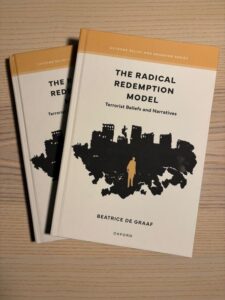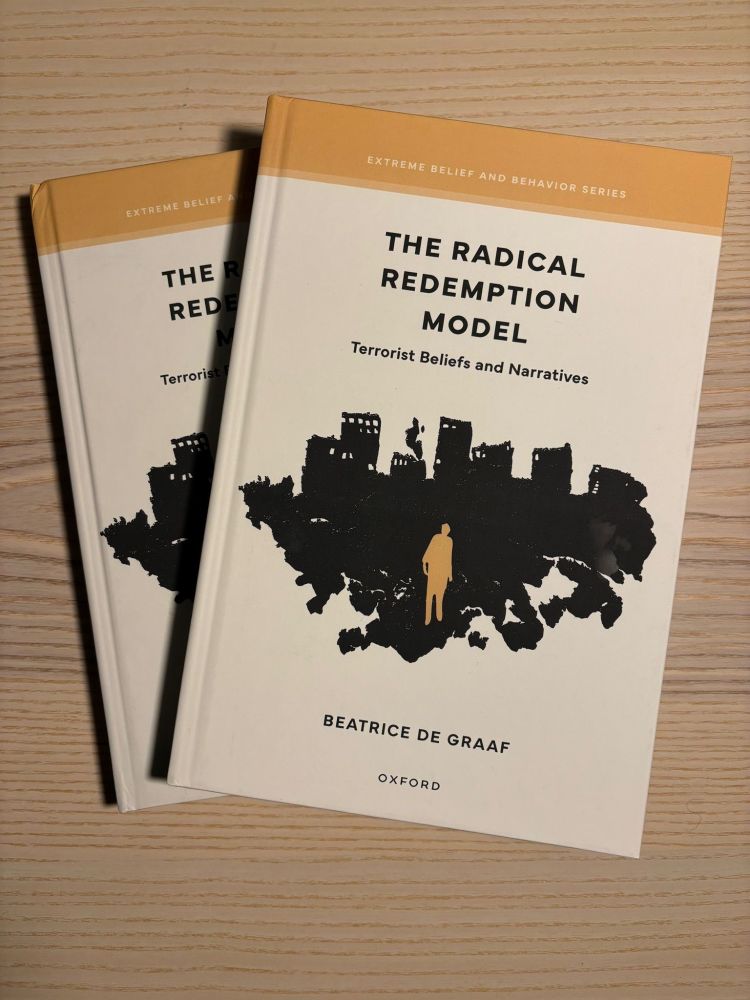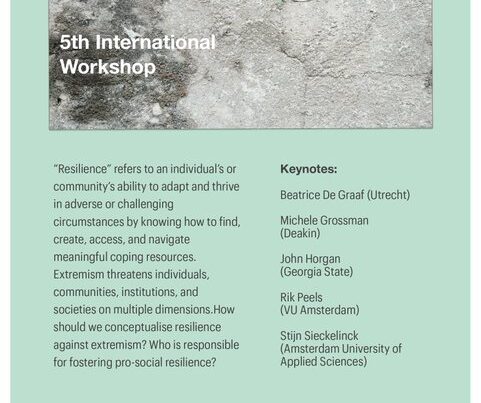The Radical Redemption Model – Terrorist Beliefs and Narratives by Beatrice de Graaf is now published as the first volume of the Extreme Belief and Behavior Series. It features in-depth interviews with terrorist convicts and ex-detainees in the Netherlands and Indonesia; develops a grounded theory of radical redemption and presents a new understanding of the religion-terrorism nexus by combining history and social psychology.
Find the book here on the website of Oxford University Press.



